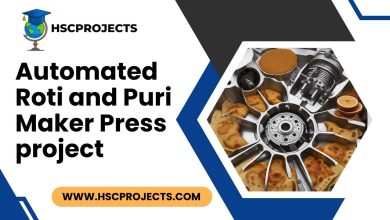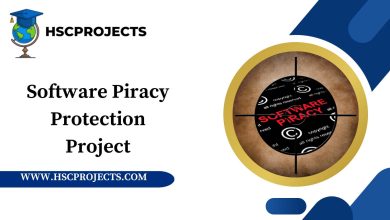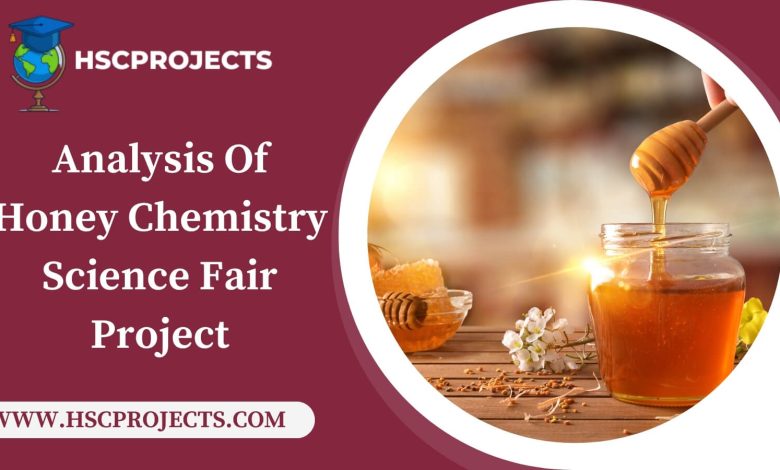
12 Science CBSECBSE ProjectsChemistry
Analysis Of Honey Chemistry Science Fair Project
Introduction to Honey Analysis
Honey, a natural sweetener produced by bees, is much more than just a simple sugar solution. It’s a complex mixture of fructose, glucose, water, enzymes, and oils. This project aims to analyze the components of honey, particularly its mineral and carbohydrate content.
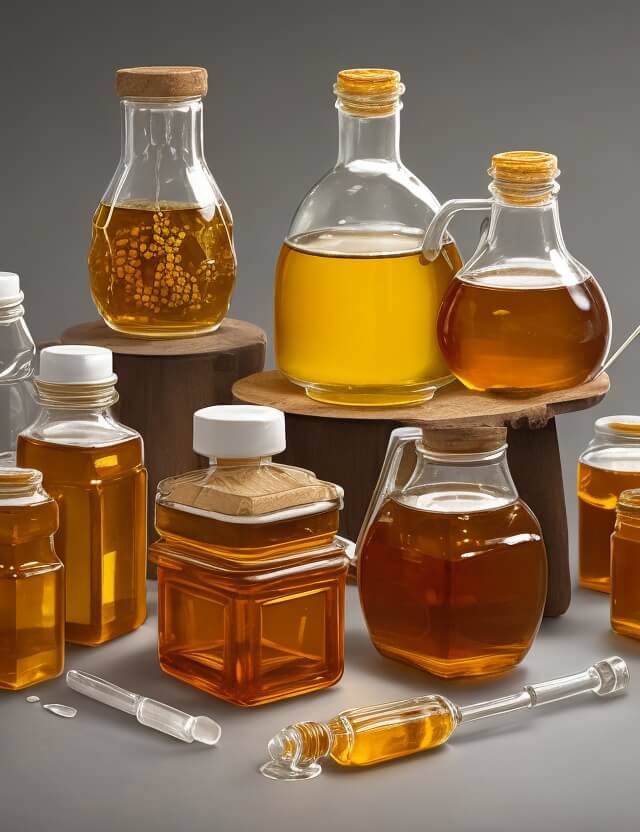
Composition of Honey
- Primary Constituents: Predominantly composed of fructose and glucose, along with water.
- Enzymes and Oils: Presence of various enzymes that contribute to honey’s properties.
- Color and Flavor: These characteristics depend on the nectar source and the honey’s age.
Laboratory Analysis
- Apparatus Needed: Test tubes, burner, water bath.
- Chemicals Required: Fehling solutions, ammonium chloride, ammonium oxalate, etc.
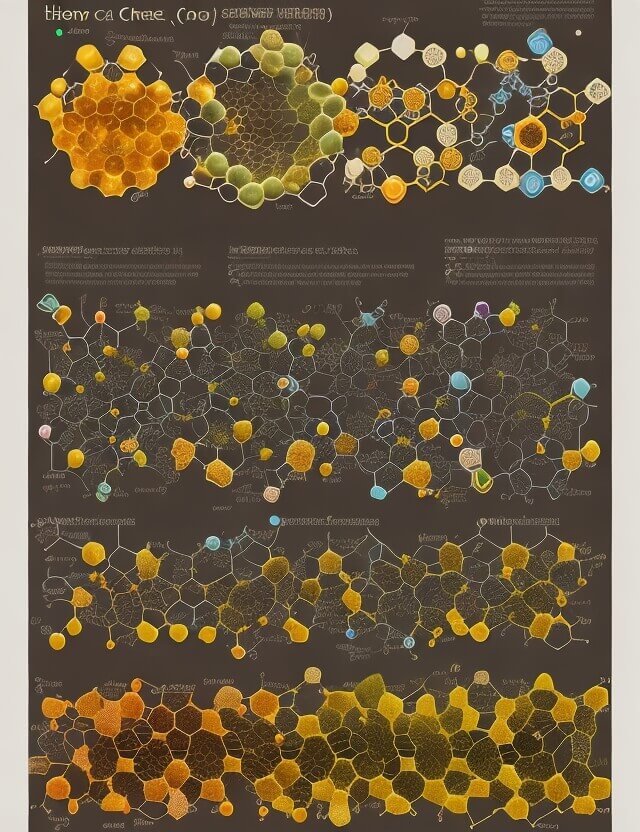
Testing Procedures
- Potassium Test: Addition of picric acid to honey to identify potassium ions.
- Calcium Test: Using ammonium chloride and ammonium oxalate to detect calcium ions.
- Magnesium Test: Applying ammonium phosphate solution to ascertain magnesium ions.
- Iron Test: Detecting iron through the addition of conc. HNO3 and potassium sulphocyanide.
Carbohydrate Tests
- Fehling’s Test: Identifying reducing sugars in honey by adding Fehling’s solution and boiling.
- Tollen’s Test: Testing for reducing carbohydrates using Tollen’s reagent and observing the silver mirror formation.
Observations and Results
- Presence of Minerals: Analyzing the presence of potassium and iron, while calcium and magnesium may not be present in significant amounts.
- Carbohydrate Content: Confirmation of reducing sugars in honey.
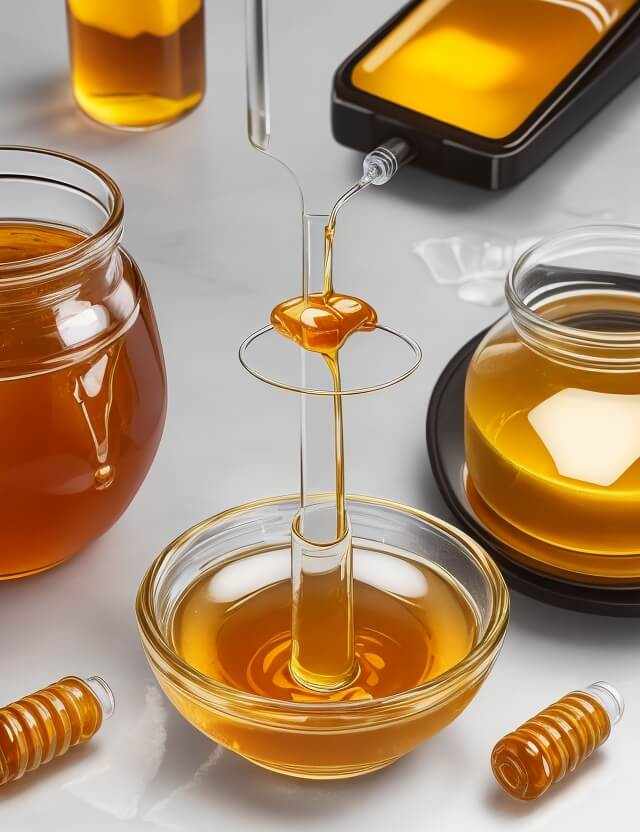
Conclusion
This project reveals the intricate chemical makeup of honey, emphasizing its richness in minerals like potassium and iron and its composition of reducing sugars. These findings illustrate the complexity of this natural sweetener and its nutritional value.
Click to rate this post!
[Total: 0 Average: 0]
In order to download the PDF, You must follow on Youtube. Once done, Click on Submit
Follow On YoutubeSubscribed? Click on Confirm
Download Analysis Of Honey Chemistry Science Fair Project PDF


